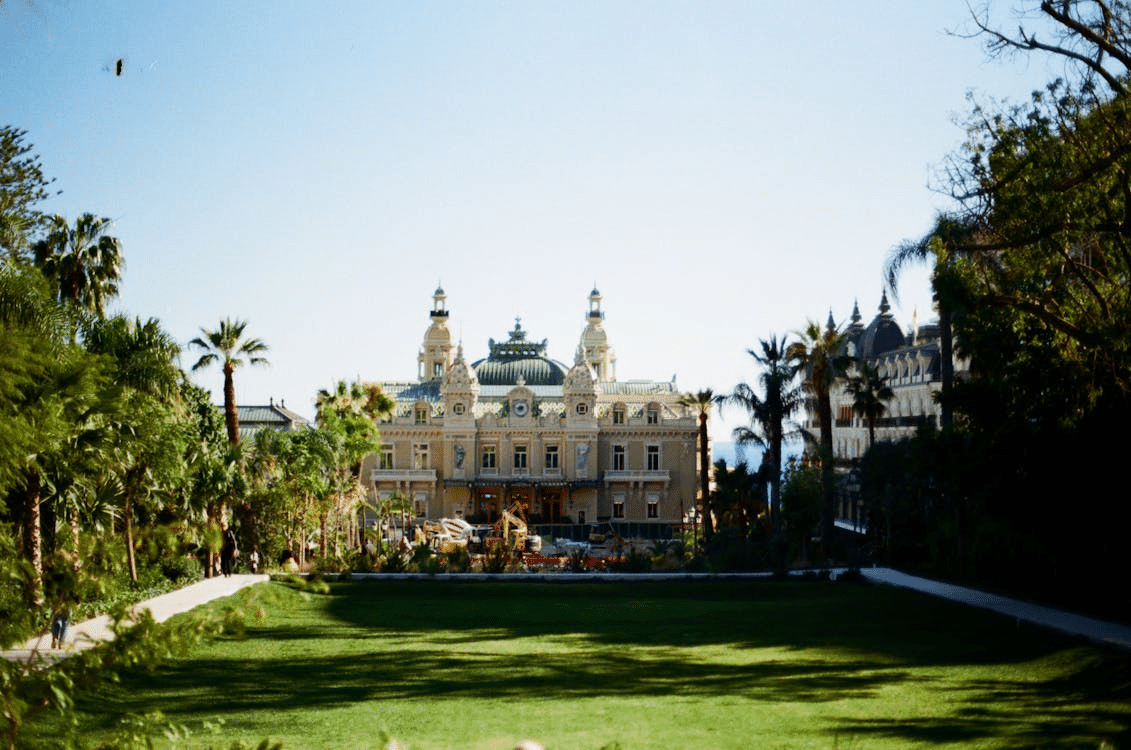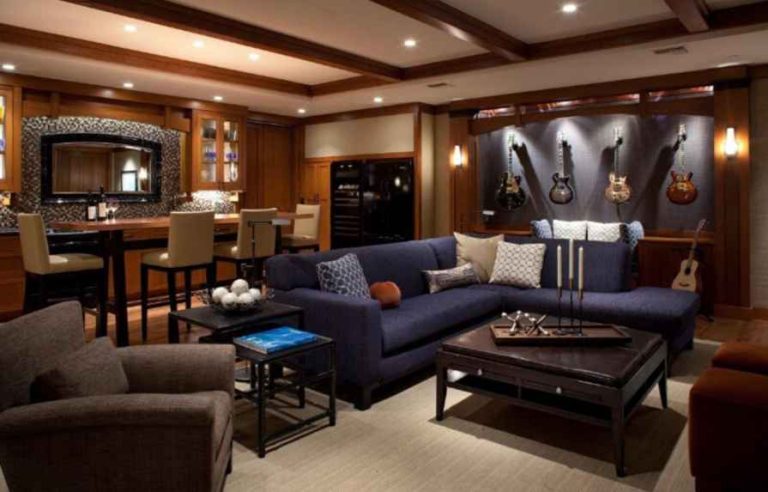Gambling Halls of the Past: A Look at Historic Casino Architecture
In an era where the convenience of playing casino games like online blackjack has transformed the gambling category, there’s nothing as appealing as the mystique of a historical traditional land-based casino.
Digital screens simply can’t match the grand offers of these historical casinos’ opulent designs and electric atmospheres. Each time you walk onto the busy casino floor, you go to a live theatrical performance where emotional highs are accompanied by jubilant chimes of a slot machine’s jackpot, and lows are created by the muted intensity of a losing hand.
They aren’t just the symbols of a poster for entertainment; they’re a rare architectural treasure full of stories and rituals. If their walls could speak, there would be tales stretching back centuries, interspersed with laughter, hopes, and dreams of countless visitors.
Come along as we travel to the most famous historic casinos in the world to look at the architectural brilliance and cultural legacies that have made their mark in history.
Casino de Spa
The Casino de Spa was opened in the 18th century in Belgium as a thermal bathhouse, it is the oldest, one of the prettiest, and most well-taken care of casinos in Europe.
Although the casino closed temporarily — from 1872 until early in the 20th century due to government bans on casino gaming, and suffered damage during World War I — by 1918 the casino was restored to its former magnificence.
Today visitors are still lured forward to its appealing classic gaming options from popular blackjack and roulette tables to regular poker tournaments. Slot machines were introduced in 2004 which expanded its appeal and now offer guests more than a hundred slot options to merge the historical charm with the thrill of modern gaming.
Casino Wiesbaden
In Wiesbaden, Germany, the Casino Wiesbaden is the nation’s oldest casino, and the casino was granted a public gaming license by the Duke of Nassau-Usingen in 1771.
Considered a historical venue by many, this has attracted many notable figures over the various years, including the famous writer Dostoyevsky, who was said to have got his inspiration for his novel ‘The Gambler’ from a visit that left him penniless.
However, Casino Wiesbaden is still a wonder of gaming options today, as classic table games like blackjack, roulette, and poker still dominate the floor here. In addition, the casino is famous for over 190 slot machines, including great progressive jackpot games, and promises winnings of up to €2.5 million per day, carrying on its legendary past in modern means of gaming enjoyment.
Kurhaus of Baden-Baden
Friedrich Weinbrenner’s 1824 Kurhaus in Baden-Baden is a historical and monumental architecture that is also a fine example of German architecture. The Kurhaus quickly became the center of leisure and entertainment because of its northern Greek architectural imitations.
In the 1830s, though, the casino’s prominence rose as French gamblers forced out of their native land by gambling prohibitions fled to the casino to try their luck.
Today, a favorite of visitors, the Kurhaus entices visitors with both French and American roulette and blackjack as well as card games involving poker cash games from Sunday through Thursday. The Baden-Baden casino features some 140 slot machines for those who love a more modern-day feel to their gaming.
Casino di Venezia
The Casino di Venezia, opened in 1638 is one of the oldest active casinos in the world. Once closed in 1774, resulting from reformer Giorgio Pisani’s endeavors for the city’s morality, the casino later moved into the Ca’ Vendramin Calergi palace.
Completed in 1481, this was once Italian royalty’s home, a casino, and now a museum dedicated to composer Richard Wagner. After becoming a casino again in 1959, the Hall has kept countless visitors in its opulent halls.
Today, the patrons enjoy a variety of entertainment, from roulette to blackjack, punto banco to chemin de fer, while choosing from more than 600 everyday running slot and video poker machines, which mixes the historical allure with the modern art of entertainment.
Casino Spielbank Bad Homburg
In 1841 the visionary twin brothers Louis and François Blanc founded Casino Spielbank Bad Homburg, a historic gem of the world of gaming. Gambling was forbidden in Prussia in 1872, and it closed down temporarily until 1888 when Berlin’s great gambling empire was abolished.
The casino Triumphantly reopened after a long hiatus in 1949 and started its journey of renewed splendor and success again. Today visitors to Spielbank Bad Homburg will find an abundance of gaming options.
8 roulette tables are offering the French and American variants as well as 4 blackjack tables mixing up the classics like the golden jack, the enticing free bet blackjack, and chance blanc. In addition to rolling the dice on over 140 slot games, poker fans can also enjoy some thrilling tournaments.
Casino Interlaken
Over the amazing past and the many rise and falls, Casino Interlaken resides in an amazing Swiss landscape. The casino first opened in 1859 but was shut down in its early years, when gambling was outlawed in the canton.
It reopened in 1rises83 but was favored much the same fate as the rest of the 1920s with changing rules. With the dawn of the 1990s, the one gambling ban SPRIPP (Swiss Public Sector Initiative on Gambling Prevention) had held for 50 years was lifted, allowing Casino Interlaken to gain its license in 2002.
All of that vibrant venue works these days as a gaming mecca according to modern sensibilities, with slot machines and electronic roulette open from noon. Blackjack, roulette, and poker table activity from 8 p.m. right up until the early hours of the morning leaves guests with an experience they will never forget.
Casino de Monte-Carlo
One place that symbolizes history, elegance, and luxury and where the world’s gambling elite go to play is Casino de Monte-Carlo. The vision of Princess Caroline of Monaco to open the casino was a first step to save her royal family from bankruptcy.
The Monte Carlo Casino project, modeled after the famed Bad Homburg, was born and with François Blanc involved, a temporary venue opened in 1856. The building was erected at Les Spelugues in 1858 and was inaugurated in grand style in the spring of 1863.
Still, it dazzles visitors to this day with such an impressive array of gaming opportunities, including tables for blackjack, a myriad of roulette varieties, poker, craps, and almost 600 slot machines, as it constitutes a center of Monaco’s bowling economy and entertainment landscape.








